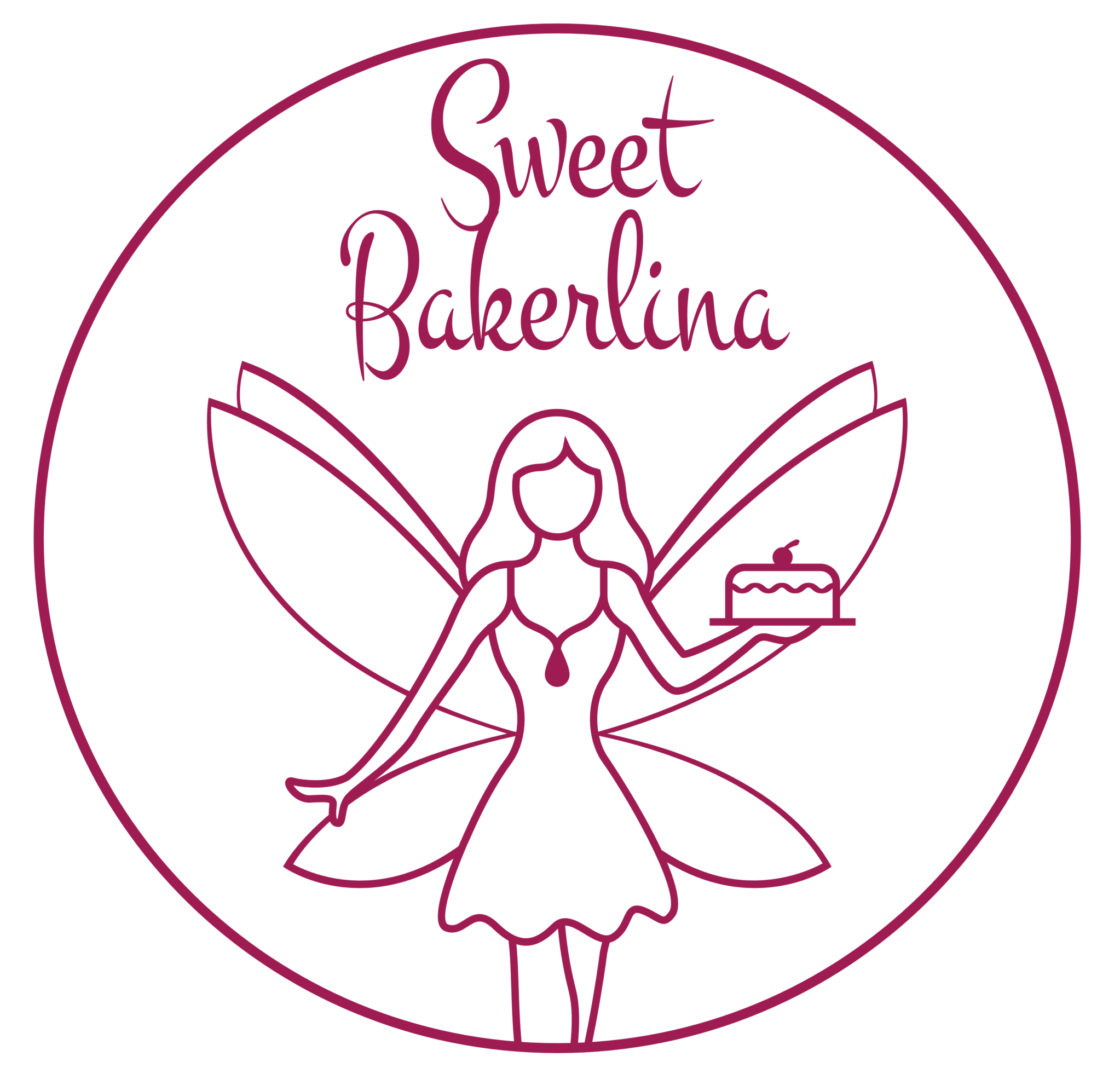There are so many resources, books, videos, and social media nowadays that you can learn baking anytime! So let us break it down and hopefully, this provides one perspective to assist you in your decision.
If you decide you want to attend a full-time pastry degree/certificate, here are some popular schools in the USA:
- Culinary Institute of America – CIA (considered the Ivy League of Culinary Schools) with campuses in California, Upstate New York, Texas
- Auguste Escoffier School of Culinary Arts with campuses in Colorado and Texas
- Johnson & Wales, with campuses in Rhode Island or North Carolina
- Institute of Culinary Education – ICE, with campuses in New York and California
Check out your local community colleges that may have an inexpensive certificate to help get your foot in the door with entry-level experience. Moreover, explore those hospitality universities that combine both hands-on culinary and hospitality courses. They can be more versatile for those who want to work in the food industry but not in the kitchens. You can major in food studies/management/nutrition and take a few hands-on culinary/baking courses like the program I attended at NYC College of Technology (City Tech).
Degrees/certificates from the list above are enormously expensive! During my bachelor’s degree, I had already decided that I wanted to study pastries and had it on my bucket list. Experience revealed to me that many leave the industry after a few years because of the low pay, long hours, and the physical toll it can take on the body. However, I continued baking and started decorating custom cakes for others. As I did research while determining whether I should go to a city program vs a specialty program. I read some practical advice when starting my journey that I would like to impart now that I have some experience in the industry. Get experience in the field before being in significant debt to acquire a culinary/pastry degree!!! Though it may be hard to get into the elite kitchens without experience. Try to apply for front-of-the-house positions like barista/host/cashier so that you can see firsthand how operations are managed. If it is something you prefer, you can communicate that you would like to seek an entry-level position and one day the position may open up.
Deciding to go to culinary school for my pastry studies I had to take a few things into account but the cost was the primary driver. Look at the type of courses they have and highlight the ones you would like to take and compare the programs that interest you. My program included a variety of baking and culinary courses to select from. My baking courses included getting the food handling certificate, food costs, bread making, basic baking & pastry, plated presentation, candy, chocolates, and international desserts. My program exposed me to other parts of the industry like restaurant design, service etiquette, business, wine, and event planning. You additionally had the option to join industry competitions against other schools. We worked with the culinary team to create desserts that were served to guests in our restaurant/dining room. Since I wanted to specialize in cakes, I did most of the baking courses. The unexpected course of plated desserts ended up being one of my favorites from the program. I absolutely love the creativity of making a multi-texture dessert and making it look like art on the plate. I also had the pleasure of working beside talented colleagues that have gone on to work with popular Pastry Chefs/Michelin restaurants. So, I don’t regret attending the inexpensive school. I genuinely enjoyed and felt like I gained the experience I wanted from the program.
I was looking into ICE because they had a certificate program that specialized in cakes. In my situation, I had college credits, and most of my credits were accepted to a city hospitality program so I only had to pay for my major courses. I had the option to pick most of the baking and pastry courses to complete the Bachelor’s degree. This route was cheaper for me than the specialty school since it was a city college. I probably paid less than $10,000 compared to ICE which was at the time $30-35K. Your other options can include taking online or in-person workshops, or going to industry trade shows like the SoFlo Candy & Cake Expo (read more about it here.) Try taking online courses from Craftsy or online baking blogs and practice, practice, practice! Also, some of those schools above have continuing education courses that you can take to see how you like the school environment.
In my opinion, going to CIA or the other top schools does have some advantages over community colleges. Like Harvard or MIT, going to these colleges have an intensive network that can propel you to the forefront of some of the top restaurants. The professors teaching have worked in Michelin restaurants around the world, and getting mentorship is key to getting insight and connections into the industry. However, for those who still find it hard to pay for high tuition. My best advice is to practice, practice, practice! You can still purchase CIA and other Culinary/Pastry textbooks online. In anything, I believe perseverance and experience outweighs degrees. It absolutely depends on your drive if you want to learn, but I also won’t diminish those who do go to the Ivy Leagues of the Culinary World 😉
Make your imprint in the pastry world!
Follow Me
